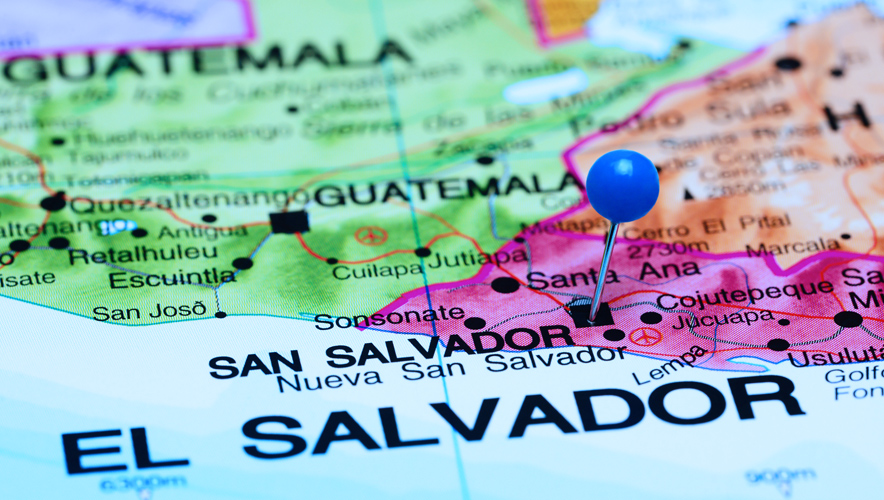El Salvador Declares State of Emergency Following Spike in Gang Violence
Sixty-two people were murdered in El Salvador on 26 March; police said it marked the most deadly 24 hours since the end of the country’s civil war in 1992.
The dozens of murders were allegedly gang-related, and the wave of killings forced businesses to close and public events to be suspended as the Central American country’s congress approved a state of emergency, The Wall Street Journal reported. The measures suspend constitutional guarantees and loosen arrest rules for 30 days. They impose restrictions on free assembly, enable police to extend detention times, and allow the interception of communications.
El Salvador’s congress granted President Nayib Bukele's request to declare a state of emergency amid a wave of gang-related killings over the weekend. Fourteen people were killed Friday and 62 people died Saturday, a welter of violence not seen in years.https://t.co/ZhpXQcuP81
— The Associated Press (@AP) March 27, 2022
El Salvadoran President Nayib Bukele announced that the country’s prison director will impose strict security measures within jails, including cells locked 24/7 and no one allowed out in the prison yard.
Soldiers and police officers swarmed gang-controlled areas yesterday to restore order. The military is also restricting who can leave or enter neighborhoods under MS-13 control.
In the space of two days, more than 600 alleged gang members were arrested, Bukele announced on Twitter. There are approximately 70,000 gang members in El Salvador.
Casi 600 capturas en solo DOS días…
— Nayib Bukele (@nayibbukele) March 28, 2022
Y el RÉGIMEN DE EXCEPCIÓN dura 30 días, prorrogables!
Y no crean que saldrán libres. https://t.co/5cl2AMYhn4
Gang members randomly shot street vendors, bus passengers, and shoppers on Saturday, according to the New York Times. Fast food franchises, including Pizza Hut and KFC, ordered their restaurants to close on Sunday, citing security concerns for their staff and customers. The gangs in El Salvador, including MS-13 and Barrio-18, have previously targeted and extorted small-business owners and working class people.
In 2021, there were 1,140 murders in the nation—a 30-year low, the BBC reported. That still equates to 18 deaths per 100,000 inhabitants. The United Nations estimated in 2017 that the average global homicide rate is 6.1 victims per 100,000.
American officials and other analysts allege that the reduction in gang violence up until now was the result of a secret deal between Bukele’s government and the gangs, trading financial incentives and preferential treatment for imprisoned gang leaders for a reduction in gang violence and homicides. Now, that agreement may be falling apart.
“Security and political analysts speculated that Saturday’s violence may have been a pressure tactic by the gangs to renegotiate the terms of the purported deal they struck with Mr. Bukele’s government," the Times reported. "The violence was random, not the result of spats between gang members or intimidation of vendors who refused to pay extortion fees, as is often the case. It ensnared anyone caught on the streets.”
Bukele has denied participating in any such deal.
